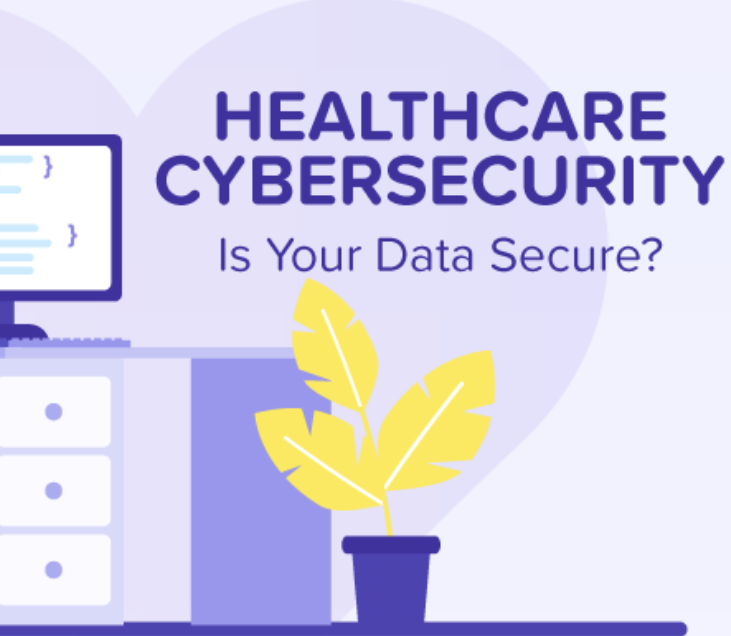With increased access to information and advanced technology, healthcare providers and payers have the opportunity to use data and analytics as a strategic advantage.
Why are cyber-attacks a threat to healthcare?
While cybercriminals are not picky about their targets, the healthcare industry remains a desirable target for hackers. Healthcare organizations are vulnerable to cyber attacks for a number of reasons, including:
- Increased attack surface due to digitization
- A network of interconnected medical devices spread across multiple locations
- A shortage of skilled security professionals
- The large volume and value of data held by these organizations
- The tendency to negotiate or pay ransoms due to regulatory pressures and the high cost of downtime
- A large user base that may lack security awareness and adequate identity protection.
In addition to organizational weaknesses, there is another trend that has made healthcare a target for attack – the dark web for data and credentials.
Cybercriminals are realizing that by stealing data, they can sell or share it on the dark web with other cybercriminals for future attacks. This could include social engineering attacks on the original victims of the breach or using stolen credentials to infiltrate other organizations. The large amount of personal data held by healthcare organizations makes them attractive targets.
As the frequency and cost of healthcare data breaches increases, it is critical to understand the potential damage that can be caused. Efforts should be stepped up to educate healthcare leaders on the critical importance of security and compliance fundamentals.

